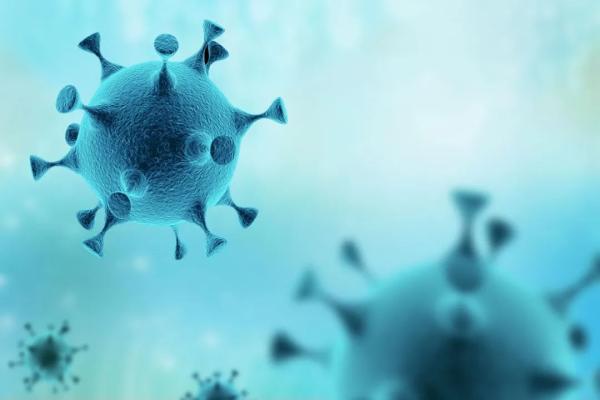October 15, 2020
Tag:
How to stop immune conditioning therapy, Thymosin α1 to help
To antagonize the inflammatory response, hormones have been used for a long time."Hormones do have a strong anti-inflammatory effect, but they also have many adverse effects, the most serious of which is a strong inhibitory effect on immune function."Professor Lin Hongyuan said that if there is a lack of precise and effective antiviral drugs for the new coronavirus, the killing and elimination of the virus still depends on its own immunity, in this situation the risk of using hormones is obvious.In contrast, Ulinastatin should be a better choice, which is a broad-spectrum anti-inflammatory drug and the natural anti-inflammatory barrier of the body, has a direct inhibitory effect on a variety of toxic proteases, but also can inhibit the transcription of proinflammatory cytokines, release and clear oxygen free.

Domestic experts have accumulated a certain experience on the treatment of sepsis with ulinastatin, so far it has not been found that Ulinastatin will cause any damage to the immune function.During the period of anti-SARS in 2003, Academician Zhong Nanshan applied to the National Drug Administration for a discussion on the use of ulinastatin and was approved, but the discussion could not be carried out due to the completion of the epidemic soon after.Nevertheless, in the past decade or so, Ulinastatin has been widely used in many different inflammatory diseases and has been included in treatment guidelines or expert consensus by 10 academic organizations of different fenestrations in China, reflecting the industry's trust in it.
Systemic inflammatory response can induce immune suppression in order to control excessive inflammatory response and increase the tolerance of the body to the bacteria. Therefore, like inflammatory response, it is essentially a compensatory response for the maintenance of the body.However, excessive immune suppression is also undesirable, which will inevitably damage the ability to kill and eliminate pathogens, so maintaining the immune function must be an indispensable treatment link.Professor Lin Hongyuan said that although there are many kinds of immune enhancers to choose from clinically, such as CSF, interferon-gamma, etc., they are proinflammatory substances themselves. It is not prudent to use proinflammatory drugs to treat the immune suppression induced by excessive inflammatory response.
In contrast, thymosin α1 should be a better choice.Thymosin α1 can play a positive immune conditioning role by activating the MyD88 pathway of dendritic cells and a negative immune conditioning role by activating the IDO (indoleamine-2-3 dioxygenase) pathway of dendritic cells (thus, the drug is also used in several of its own immune diseases), depending on the state of the body.Thymosin α1, a biphasic immune conditioning, can make it known as the "safest immune conditioning agent" by some foreign scholars. So far, no report on the use of thymosin A1 to cause aggravation of inflammatory damage has been reported.
Based on an understanding of the normal maintenance compensatory response elicited by infection, the most appropriate goals of immunomodulatory therapy should be: (1) to control excessive but maintain a moderate inflammatory response; (2) to correct excessive but maintain moderate immune suppression (i.e., to increase tolerance to pathogenic bacteria).Once the pathogenic bacteria are completely eliminated, the inflammatory response can decline, and the immune function will be automatically or easily repaired.The above purposes complicate the intervention opportunities, dosage and course of immunomodulation therapy, and it is difficult to formulate divergent recommendations on this due to individual differences of patients.In contrast, patients'immune inflammation response indicators and dynamic trends of the disease, as well as patients' response to treatment are more instructive.
Focusing on boosting immunity, there is an approach called CAR-T (T-cell immunotherapy with chimeric antigen receptors) for cancer treatment.That is, tumor-specific antigens are embedded in a small number of T cells to sensitize them, then expanded in vitro, and then the T cells are transfused back into the patient."At present, in addition to tumors, CAR-T has been tried in the treatment of HIV and achieved positive results, I do not know whether CAR-T can also be applied to the treatment of new coronary pneumonia, raising this question is only a''throwing a brick and a stone''.
If the original article is reproduced, please specify the source: "This article was first published in Gutuo Peptide Synthetic Biotech Co., Ltd. (Www.gotopbio.com)"


Contact Us
Tel: (+86) 400 610 1188
WhatsApp/Telegram/Wechat: +86 13621645194
+86 15021993094
Follow Us:




 Pharma Sources Insight July 2025
Pharma Sources Insight July 2025


